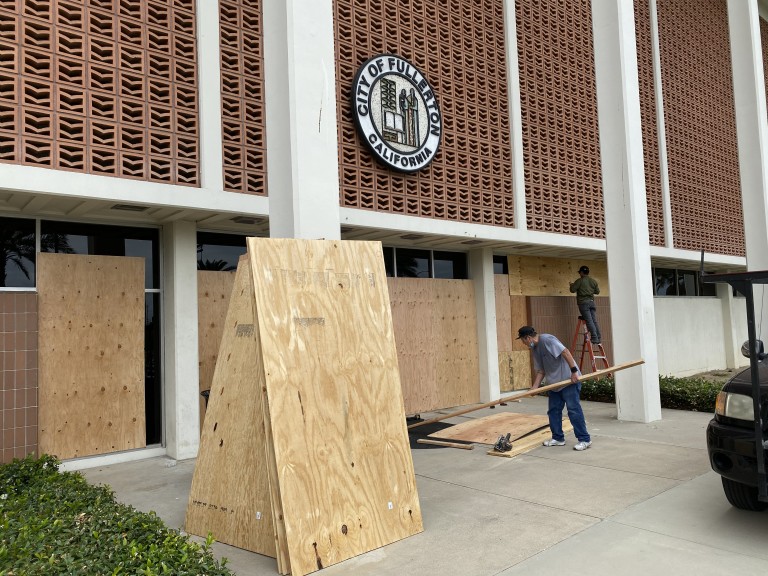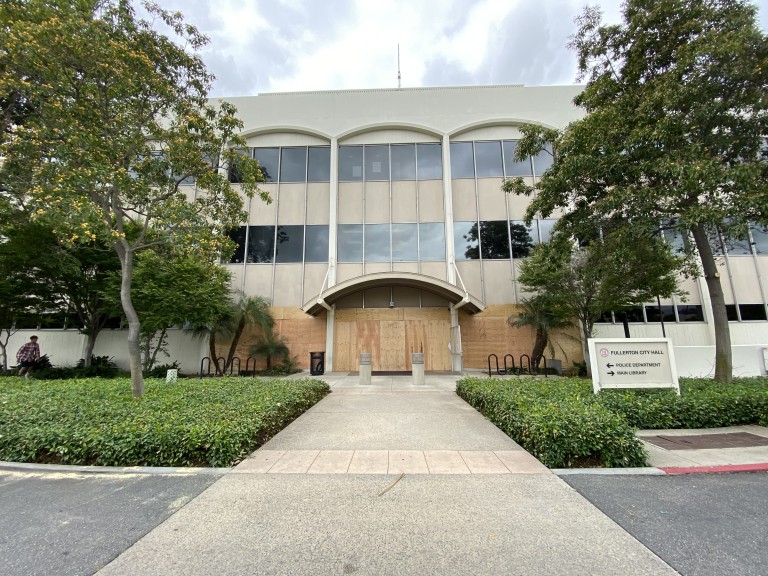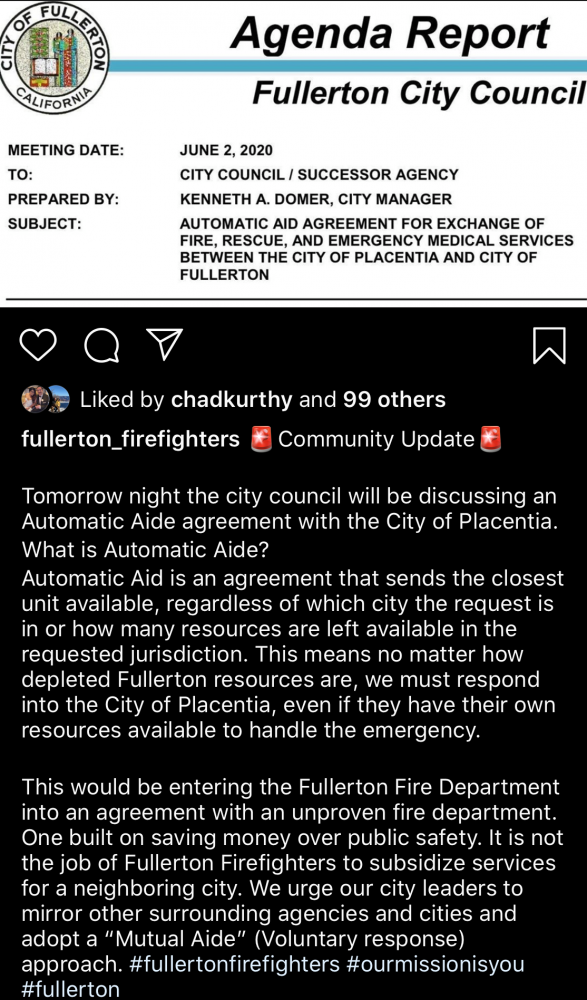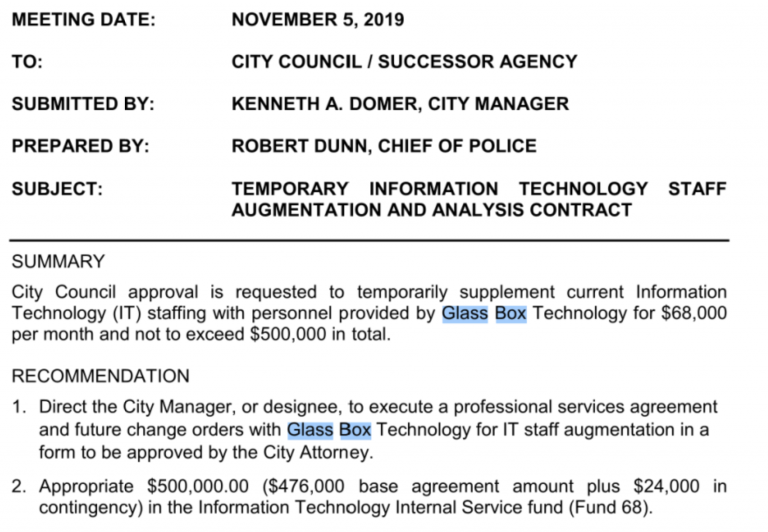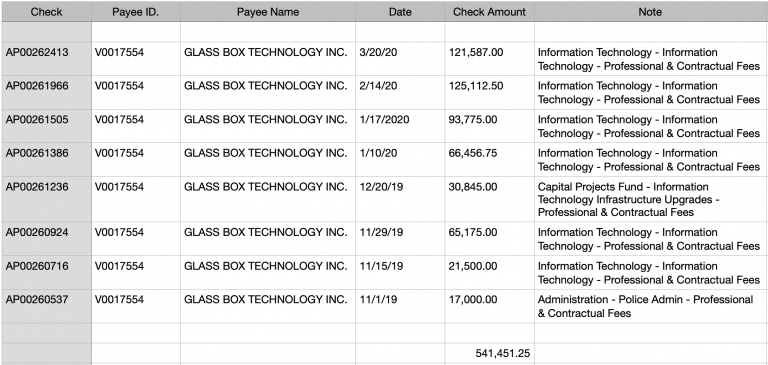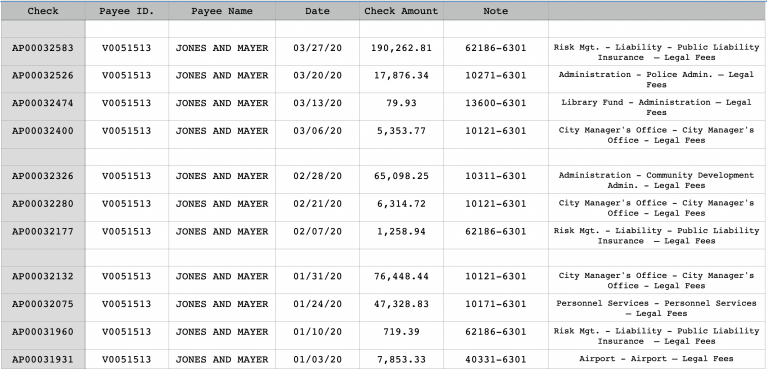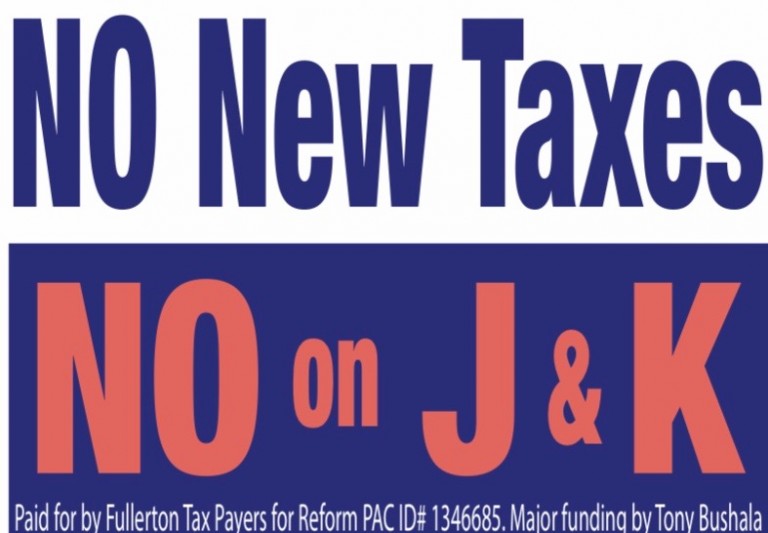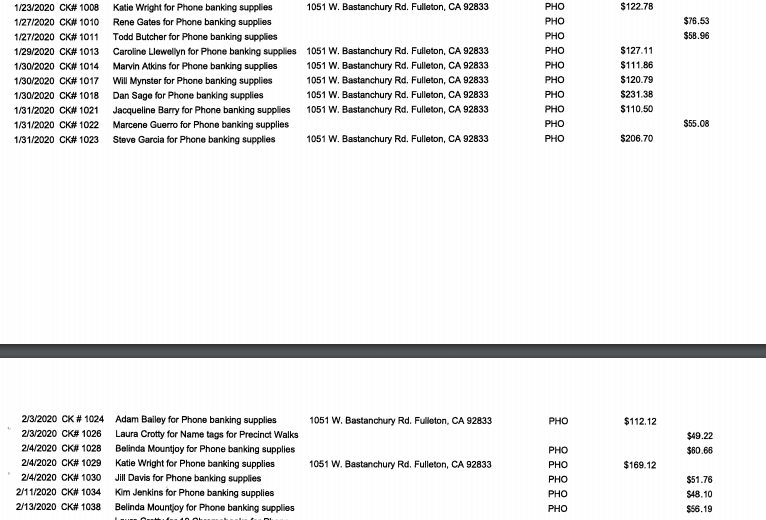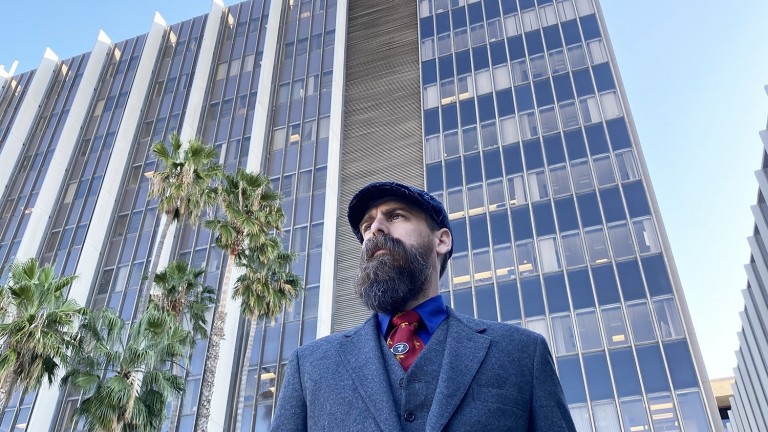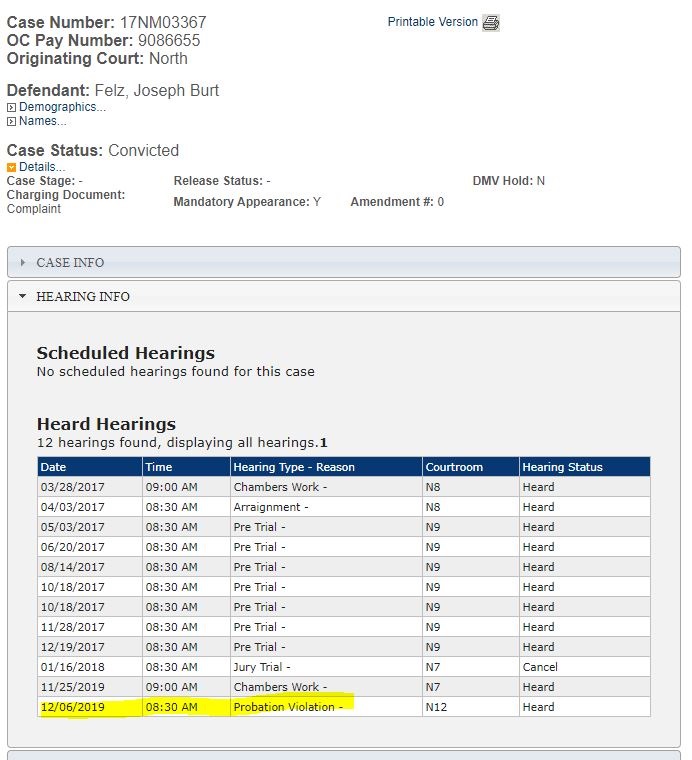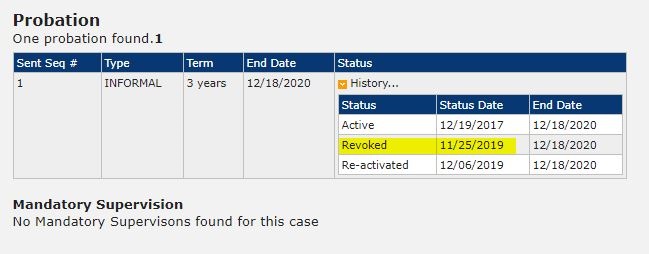FULLERTON, California (May 13, 2020) – The City of Fullerton (the “City”) announced today that we’re too dumb to use Dropbox and that led to the internet having access to things we’d rather you not know about – such a pervert cop filming up skirts and having child porn on his phone while stationed at Fullerton High School, a Lieutenant in Fullerton PD having not one, but two, Internal Affairs investigations against her that we dropped in order to bypass Public Records laws (SB1421 specifically), employees stealing things and us cocking up the investigation so badly that they got away with it, a City Employee overturning a Parks Vehicle while likely under the influence and on and on and on.
This isn’t new, in fact most of it came to light against our will almost a year ago so none of this is recent but we’re calling it a “recent event” that “may have impacted the security of personal information of some City residents and employees” because that sounds better than “our lawyers, who we refuse to fire and stand behind 100% are too stupid to use Dropbox and they totally screwed the pooch”.
The City became aware of posts on a public website, we all know which one but we won’t say because reasons, which contained confidential City information – see the list above. The city immediately began throwing money around trying to figure out who to blame and how we can get away with avoiding any responsibility. During the City’s investigation, it discovered that we are in fact too stupid to use Dropbox. We’re calling Dropbox “an internal data storage account” because it sounds better but yeah it was Dropbox. We gave out the website (CityofFullerton.com/outbox) on multiple occasions, to countless people, made it a legal public record and then sued some guys and a blog because they allegedly clicked links we put their names on in that Dropbox account – again that we told them about.
We gave them access and ignored that we had total control over who could see what and then our crack team of bureaucrats, lawyers and IT professionals somehow missed that we were too dumb to figure out Dropbox from about 2016 through June 21, 2019. The investigation further revealed the data included copies of emails and attachments that contained certain protected information. Information we never should have put online in an unsecured fashion but you don’t pay us the big bucks and for our lifetime pensions so we’ll be smart – you do it because we extort it out of you by taking away your toys (the library, roads, parks, etc) if you don’t give in to our mercenary demands. As a precaution, the entire contents of the Dropbox account were reviewed to identify the information that may have been accessible online for all the world to access. The City provided written notice to those individuals whose information was found on Dropbox. However, a small number of files we uploaded to Dropbox between 2016-2019 we totally deleted and therefore were not recovered and were unable to be reviewed and now we have no idea who’s information we negligently put online for the whole world to find. Whoopsie.
What Information Was Involved? On October 25, 2019, a day after suing the FFFF blog over our cockup, the City provided written notice to a small number of individuals whose sensitive information was found on Dropbox despite knowing about it for months. However, because we’re dumb and deleted things, a small number of files we uploaded to the non-password protected, public facing Dropbox account (at CityOfFullerton.com/outbox) were not able to be recovered and now the City is providing this additional notification. The personal information that we may have totally put on Dropbox in the files we absolutely deleted may include your name, Social Security number, driver’s license number, payment card information, medical or health information, and/or passport number. However, the City is unable to confirm the contents of these files or whether sensitive information was present in these files because, again, we’re dumb and don’t pay attention to what all we put on Dropbox despite us giving that account out willy-nilly. Hey, we waste your money and you don’t say anything so we figured you wouldn’t mind if we did the same with your data.
What Are We Doing? Suing people to cover up our incompetency mostly. The City takes the security of our employee and citizen information very seriously. So seriously that The City put that information on a non-password protected, public facing Dropbox account (CityofFullerton.com/outbox) in violation of HIPPA, Dropbox Terms of Service, Legal Best Practices, Common Sense, etc. In The City’s diligence The City immediately secured the Dropbox account at issue by deleting everything because passwords and access controls are too hard for our IT department and lawyers to figure out despite The City maybe needing those things for our pending lawsuit and to find out what we put online. The City reviewed existing security measures as a byproduct of our Dropbox screwup and finding essentially none paid $541,000+ to a digital security expert to do what our IT department should have been doing all along – ensuring the security of The City’s network and keeping our idiot lawyers off of Dropbox.
The City is also providing information about our stupidity and about the steps individuals can take to help safeguard personal information – basically just don’t trust The City to be competent.
In addition, the City is offering to spend more of your tax dollars to offer identity monitoring services through Kroll because nobody in The City pays a price even when it costs you over half a million dollars and counting.
What You Can Do. The City encourages individuals to remain vigilant against incompetent city staff and council members who would compromise your information while putting you at risk of identity
theft and fraud through gross negligence.
Under CA law, individuals are entitled to vote incompetent asshats out of office every election cycle and we strongly recommend throwing circus ringleader Jennifer Fitzgerald out on her ass along with Go-Along-To-Get-Along rejects Ahmad Zahra, Jesus Silva and Jan Flory should Flory’s corrupt self decide to grace us with another council run.
For More Information The City also encourages individuals to read our other press releases where we pretend that we didn’t get slapped down by the Appellate Court and that we’re winning this ridiculous case that we filed against our own watchdog citizens to cover our asses.
Again, at this time, there is no evidence that any information has been misused but we want to drag a few guys through the mud and hope that our infinite resources (your tax dollars which we’ll be taking more of soon) are enough to scare them into submission so we don’t ever have to take responsibility for our own government incompetence. After all, would YOU keep voting for City Council members (Fitzgerald, Zahra, Silva, Flory) who stood by lawyers as dumb as mentioned above OR who let a City Manager attack citizens in the courts and press while taking home $242,931.63 in 2019? We think not.
